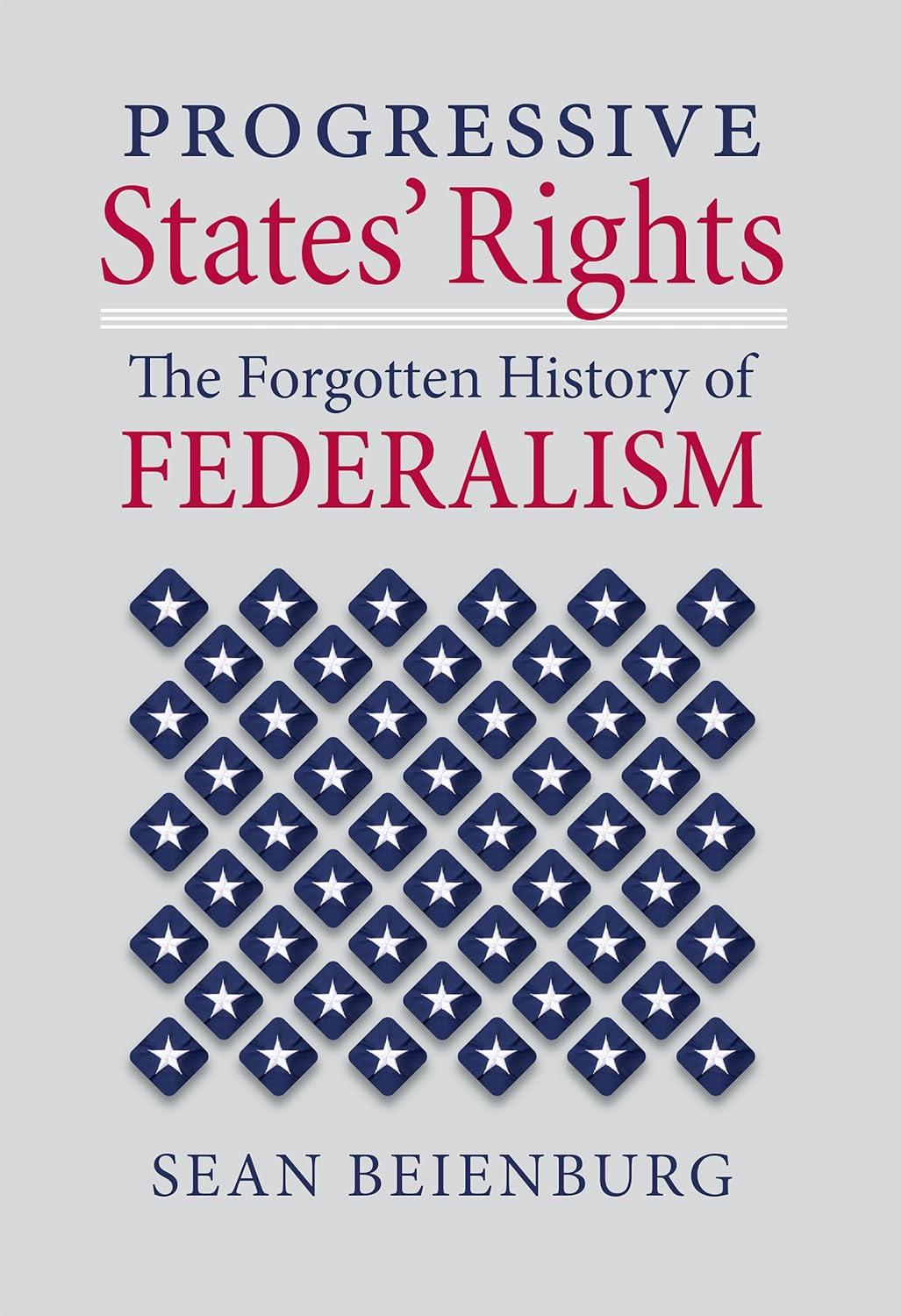The two true strands of progressivism that Beienburg properly identifies—Wilsonians and New Dealers—shared a progressive philosophy. On one hand, Beienburg posits that some conservative “progressives” favored states’ rights; on the other hand, he posits that the New Deal progressives led progressivism to stray from states’ rights. This leaves the early Wilsonians as the true states’ rights progressives. This contention is both true and important.
“The New Freedom” Espoused and Progressed
Beienburg identifies an important tension within progressivism when he discusses the Wilsonians who advocated for “The New Freedom,” and initially sought to promote progressive reforms at the state level. He correctly observes that “similar to Taft and unlike Roosevelt, Wilson did not propose to tame corporate power by massively raising up federal power but by narrower interventions cutting down consolidated economic power.” Wilson’s approach initially emphasized the promotion of progressive policies at the state and local levels, a commitment that, on the surface, seems to align with the principle of states’ rights.
As Beienburg notes, however, Wilson’s vision was ultimately subsumed by the more expansive ambitions of New Deal progressives, who fundamentally altered the trajectory of progressive policy-making.
Even before the New Deal progressives displaced the New Freedom approach, Wilson had revealed the necessity of employing federal power. Beienburg notes, “In the years before the 1912 election, Wilson had carefully pivoted between conservatism and progressivism in order to remain broadly acceptable to the American electorate.” Finally, he admits, “Wilson’s governance, especially after 1914, moved left and came to more closely resemble New Nationalism, ironically leading Herbert Croly, among others, to embrace Wilson as a champion of progressive thought and especially national power.” One wonders if Wilson’s evolution toward nationalism was an unavoidable outgrowth of his progressive philosophy.
Beienburg states that “to what extent Wilson himself was privately a nationalist … or viewed New Freedom as an intermediary stopgap on the way to a national community … or was a true believer in limited government before changing is beyond the scope of this study.” Answering this question determines whether or not any progressive leaders were “states’ rights progressives.” Proving that Wilson and others were not merely concerned with states’ rights for pragmatic reasons, but principally committed, determines whether or not states’ rights are a significant strain within progressivism.
State Progressives?
Beienburg avoids pinning down the national progressives because he relies on the activity of those at the state level to prove that progressives were committed to states’ rights. In doing so, he uncovers a forgotten and unstudied faction within progressivism. It is unclear, however, to what extent these actors can be seen as true expositors of either progressivism or states’ rights.
